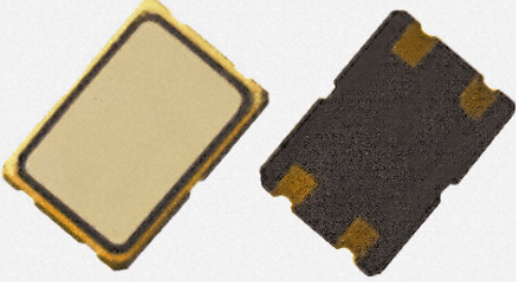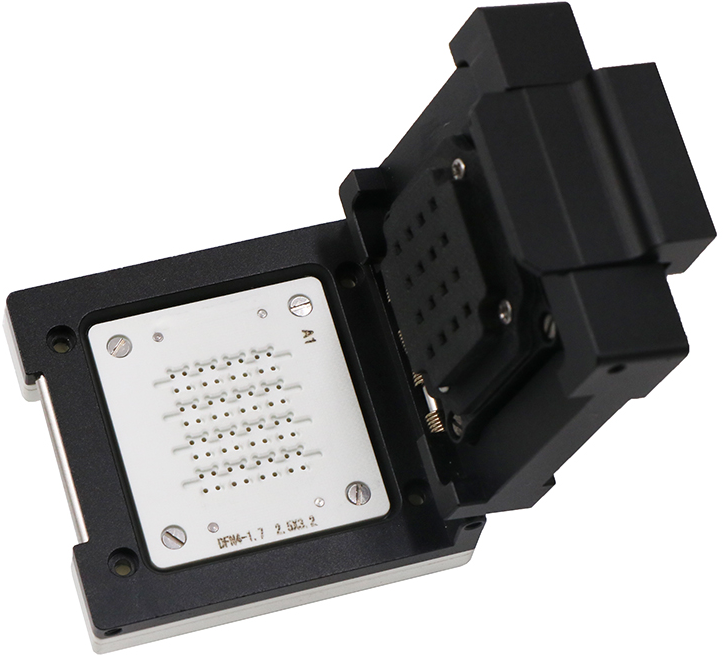Ultra-Low Power Medical Real-Time Clock (RTC) is a specialized real-time clock chip designed for medical devices, featuring extremely low power consumption. These RTCs play a crucial role in medical equipment by ensuring precise and reliable timekeeping and management. Here are some key points regarding such RTCs and their related test sockets:

Role of Ultra-Low Power Medical RTC
- Time Management: Provides accurate time and date information, which is critical for timestamping data records (e.g., patient monitoring data, medication management).
- Low Power Consumption: Designed to operate with extremely low power, making them suitable for battery-powered portable or implantable medical devices, thereby extending device lifespan.
- Reliability: Maintains high reliability and stability under various environmental conditions, ensuring the accuracy of timekeeping.
- Alarm Function: Supports timed alarm functions for reminders or triggering specific actions (e.g., medication reminders, monitoring cycles).
Requirements for Crystal Oscillators in Aging and Test Sockets To ensure the performance of ultra-low power medical RTCs, the crystal oscillators used must undergo stringent aging and testing. Here are some requirements for crystal oscillators regarding aging and test sockets:
- Accuracy and Stability: Crystal oscillators need to maintain high accuracy and stability during aging and testing to ensure the final product’s time precision.
- Low Power: The test equipment itself should have low power characteristics to better simulate the actual usage environment.
- Temperature Stability: Testing must be performed across different temperature ranges to ensure the stability of the crystal oscillator under various temperature conditions.
- Reliable Contact: Test sockets must provide stable and reliable electrical contact to avoid signal distortion or inaccurate test results due to poor contact.
- Repeatability and Durability: Test sockets must be capable of repeated use while maintaining consistent test results and performance even after multiple insertions and removals.
How ANDK Test Sockets Meet These Demands ?

ANDK provides test sockets that typically feature the following characteristics to meet the testing needs of ultra-low power medical RTC crystal oscillators:
- High Precision Design: ANDK test sockets are designed with high precision to ensure the stability and accuracy of the crystal oscillator during testing.
- Low Loss Materials: Using low-loss materials reduces signal attenuation and interference, ensuring the accuracy of test results.
- Reliable Contact Technology: Advanced contact technologies, such as elastic pins and micro springs, are used to ensure reliable long-term contact and low contact resistance.
- Good Temperature Control: The design takes temperature effects into account, allowing the test sockets to work with temperature control equipment for crystal oscillator temperature aging tests.
- Durability: The test sockets are robust and durable, capable of withstanding multiple insertions and removals while maintaining good performance.
- User-Friendliness: Easy to operate and maintain, facilitating frequent testing and replacement for users.
发表回复